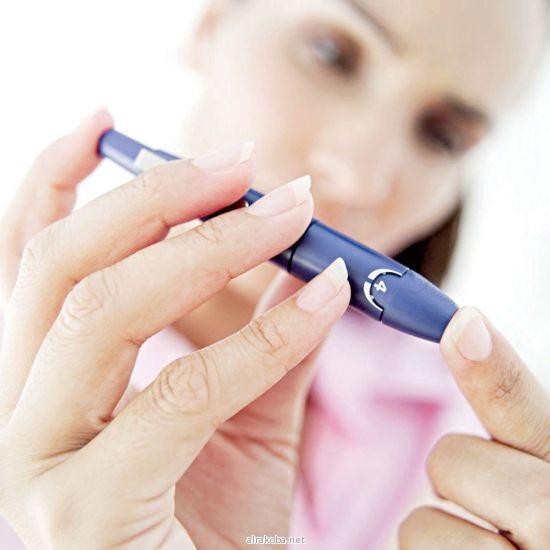SOBERING FACTS
I was reasonably healthy and vigorous with the typical conceit of invincibilty the young are prone to retain on the night I heard from my mother that my aunt had diabetes. I thought maybe that meant she would have to take pills or shots, perhaps change her diet and things would be somewhat normal for her.
LITTLE DID I KNOW.
A few short years later I found out that my aunt was having rather pronounced vision problems attributed to her diabetes. I remember thinking that this disease might be worse than I had initially thought. Not long after that I got word that she was having a foot amputated due to her condition. Suddenly the seriousness of her plight was made real to me.
TOO CLOSE TO HOME!
I,ll never forget the day that my father was diagnosed with diabetes.That had an affect on me like a mule kick to the solar plexis. A year or so after we found out about dad, my aunt died from complications stemming from what I later learned nurses in hospitals call “The Big D”. That is when I decided to arm myself with some information about this dreaded illness. What I discovered alarmed me enough to want to share it with other people. Space does not allow a comprehensive discussion but I thought a brief overview might bring some much needed attention to a dire situation that affects so many.
DIABETES STATISTICS
Right now in the United States almost 6 million people are living unaware that they have diabetes. In addition 18 million people have already been diagnosed with this illness. People with diabetes account for nearly 8% of the population. It is likely that you or someone you know is suffering from this disease right now. When we consider that 57 million people are pre-diabetic it is easy to understand why so many of us are affected.
CAUSES
According to medical science the actual cause of diabetes is still unknown. It is believed however that genetics, obesity and lack of physical exercise are contributing factors.
OBESITY
It is known that obesity significantly raises the risk of getting type 2 diabetes along with heart disease and stroke. Being overwieght also causes unhealthy cholesterol and high blood glucose (sugar). Weight loss as small as 10-15 pounds can help manage and even prevent these problems.
EXERCISE
Exercise helps lower blood pressure by making the heart pump stronger and slower. It also improves blood fats, raising the good cholesterol (HDL) while lowering the bad cholesterol (LDL) along with triglycerides. Because activity can lead to weight loss and lower blood glucose it can in turn reduce the amount of insulin shots or diabetes pills needed.
NUTRITION
It is imortant for diabetics to add sources of healthy fats and lean protein to meals. Fat and fiber slow the rise of blood sugar leavels when eaten with carbohydrates. For instance, one could add peanut butter to an apple or green beans and pine nuts to rice and salmon. This would be mixing fat, fiber and carbohydrates in a healthy way. It should be understood that carbohydrates make blodd glucose levels go up. This is key to diabetes management. This does not mean that one has to eat the same food day in and day out. You can try new food and enjoy old favorites as long as attention is given to the amount of carbohydrates consumed and limits are set. Choosing foods with a lower glysemic response also helps. By the way doctors say that sugar in and of itself does cause diabetes. Eating too much and being overwieght is the real reason and does not matter how the weight is put on. It is not so much the type of carbohydrates but the amount that makes the difference.
TYPES OF DIABETES
Type 1 diabetes is the condition in which the body fails to produce insulin a hormone that allows glucose to enter cells and fuel them. This represents 5-10% of those diagnosed.
Type 2 diabetes is the condition that causes the body to not only be relatively deficient at insulin production but also not to be able to use it properly. Most people diagnosed with diabetes have this type. Women who have high blood glucose levels during their pregnancy and have never had diabetes befoe are said the have gestational diabetes. This condition can lead to babies born at risk of obesity and later as adults of type 2 diabetes.
SYMPTOMS
Frequent urination
Exessive thirst
Extreme hunger
unusual weight loss
Increased fatigue
Irritablity
Blurry vision
It is advised to go see your doctor right away if one or more of these symptoms are present.

